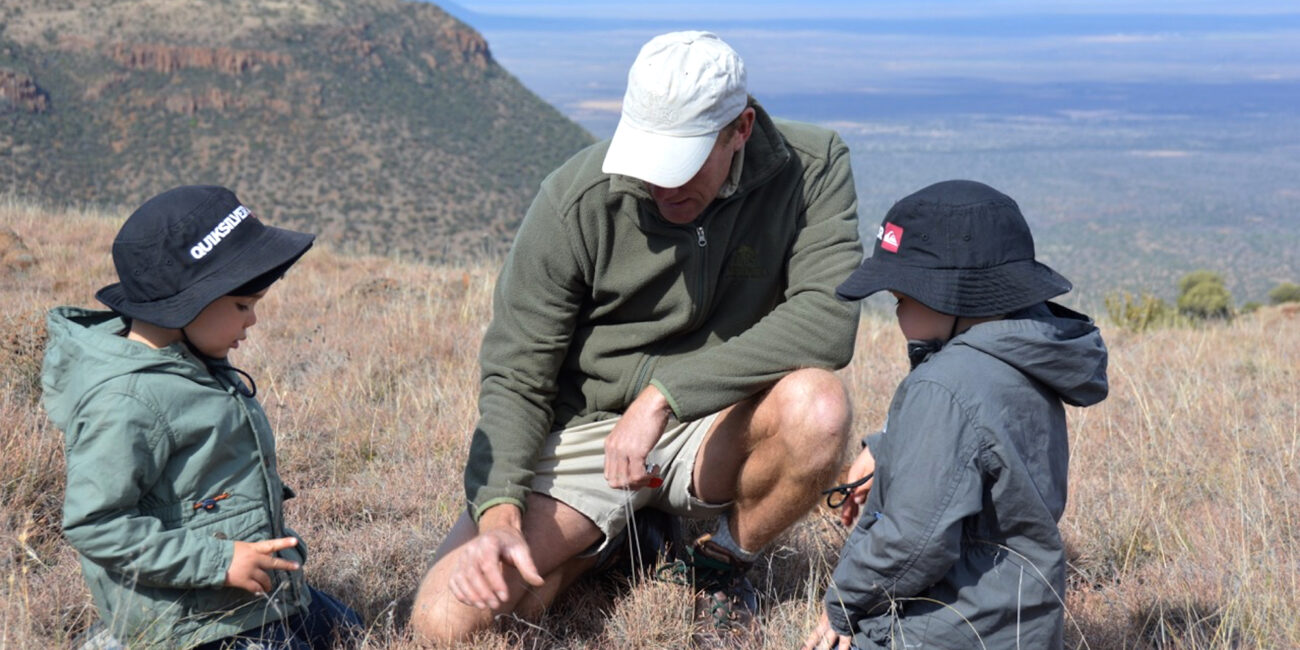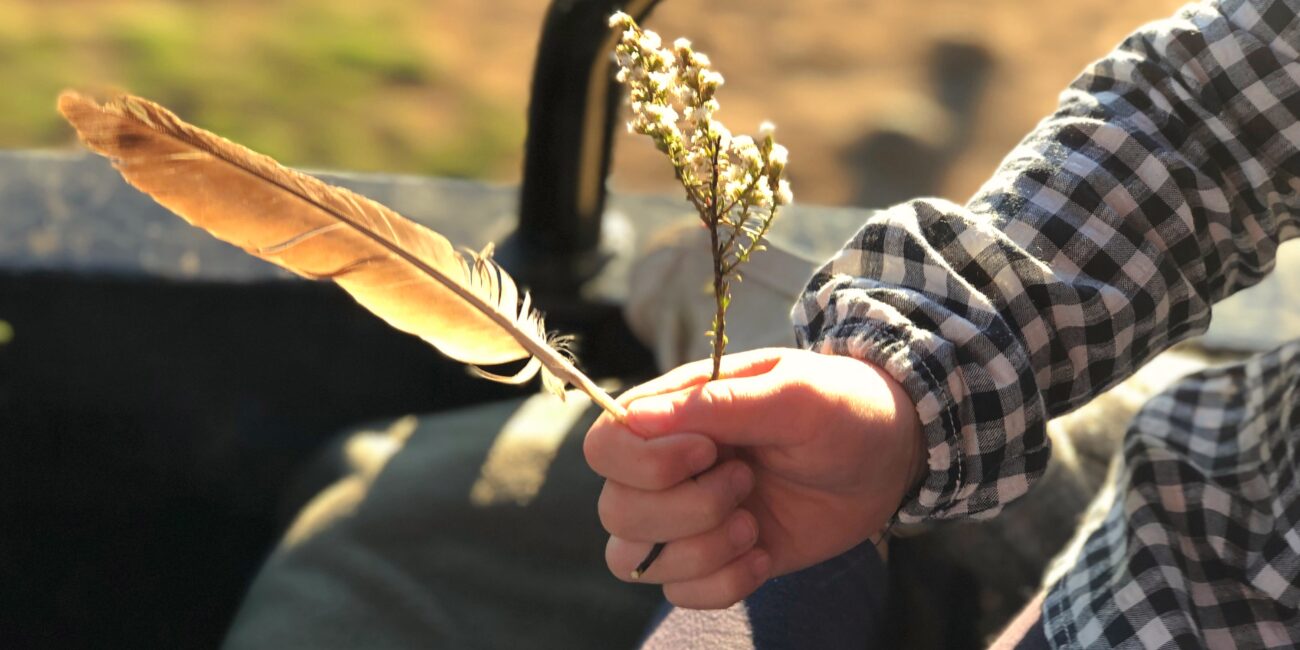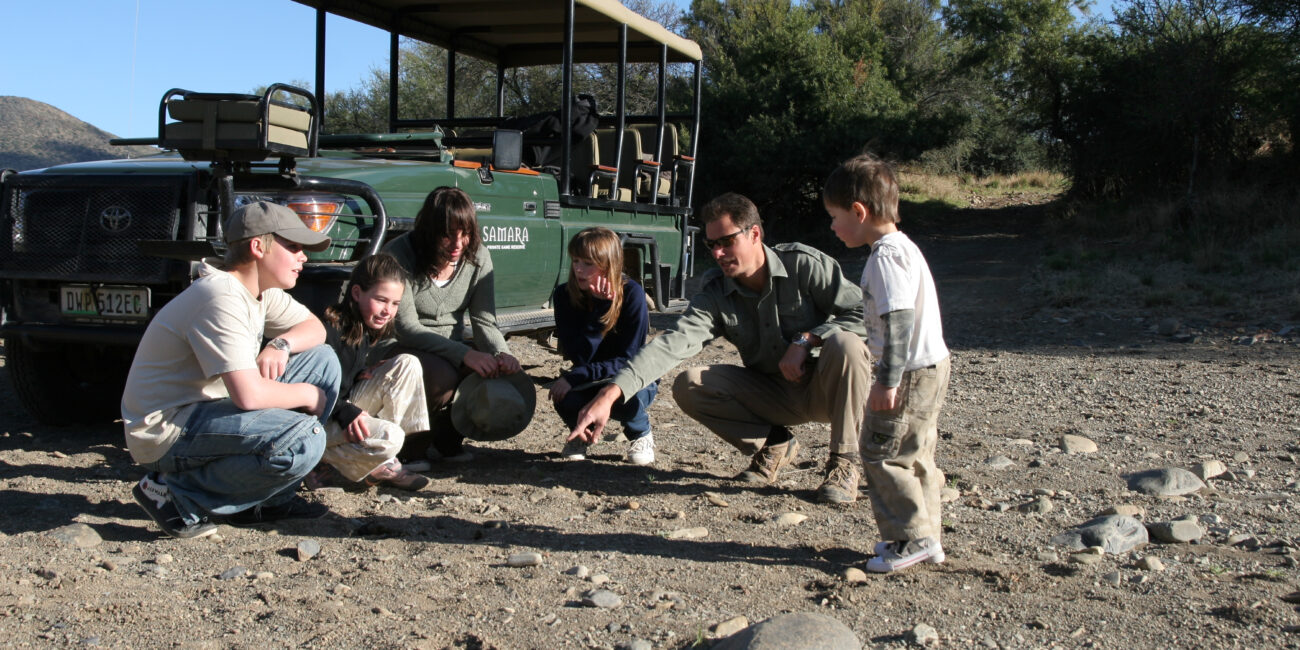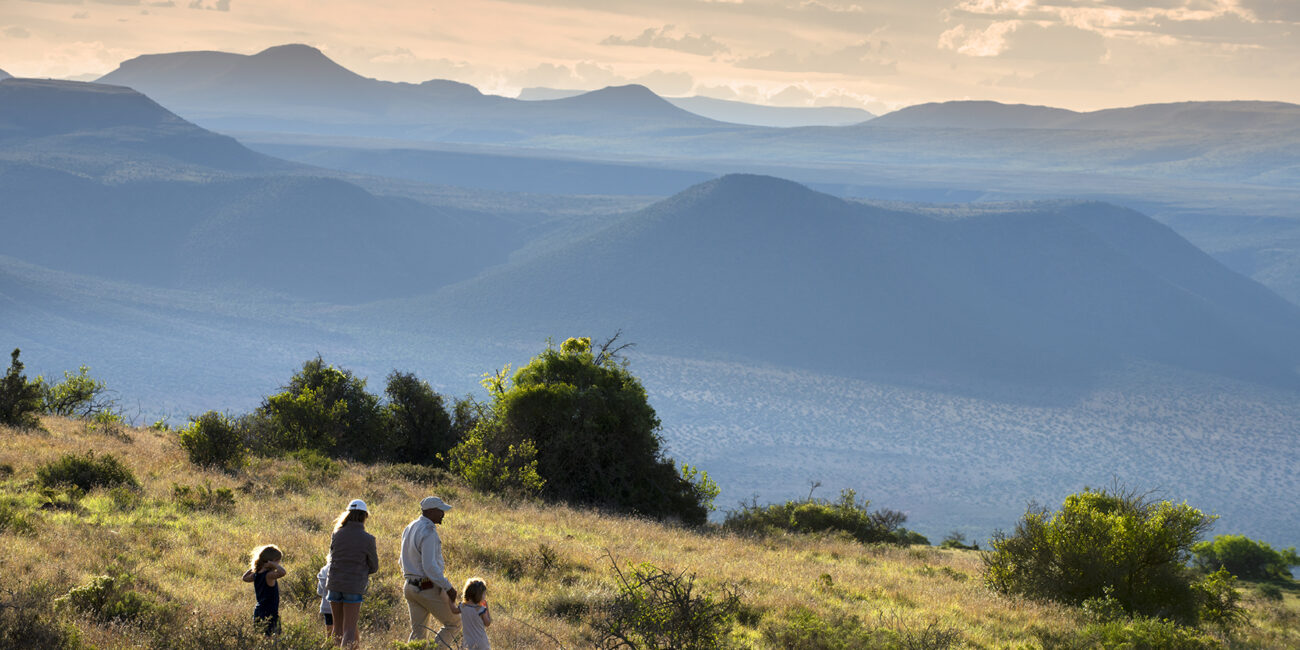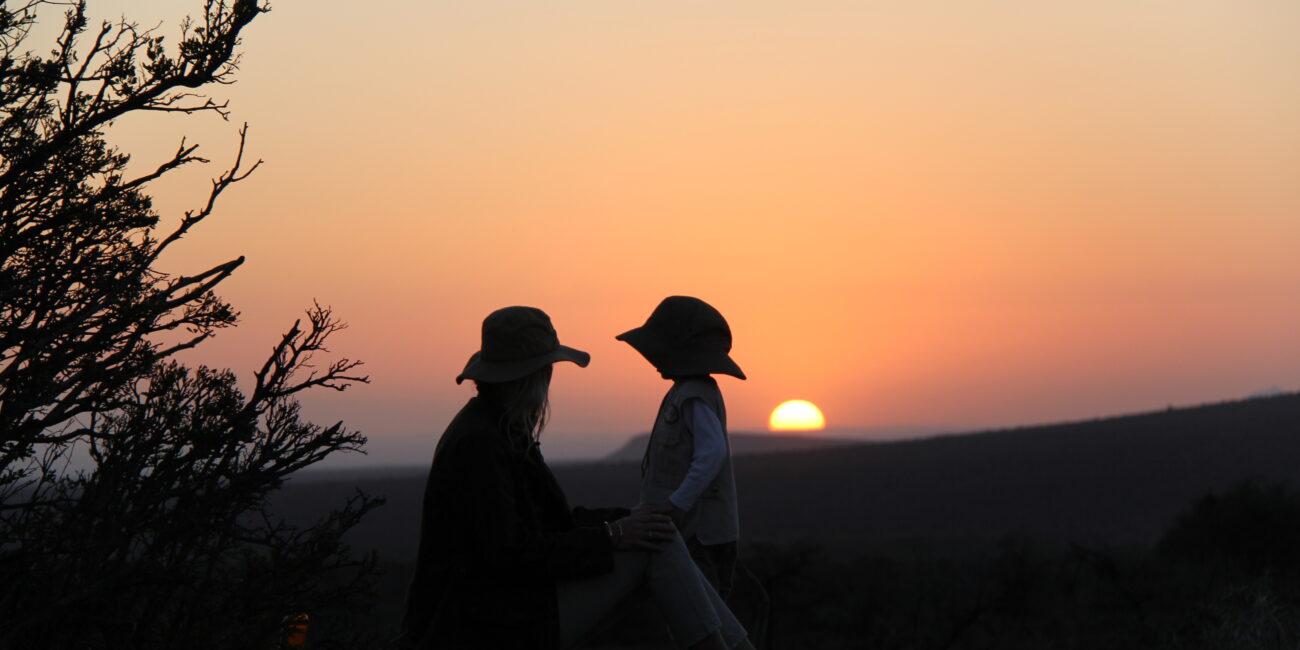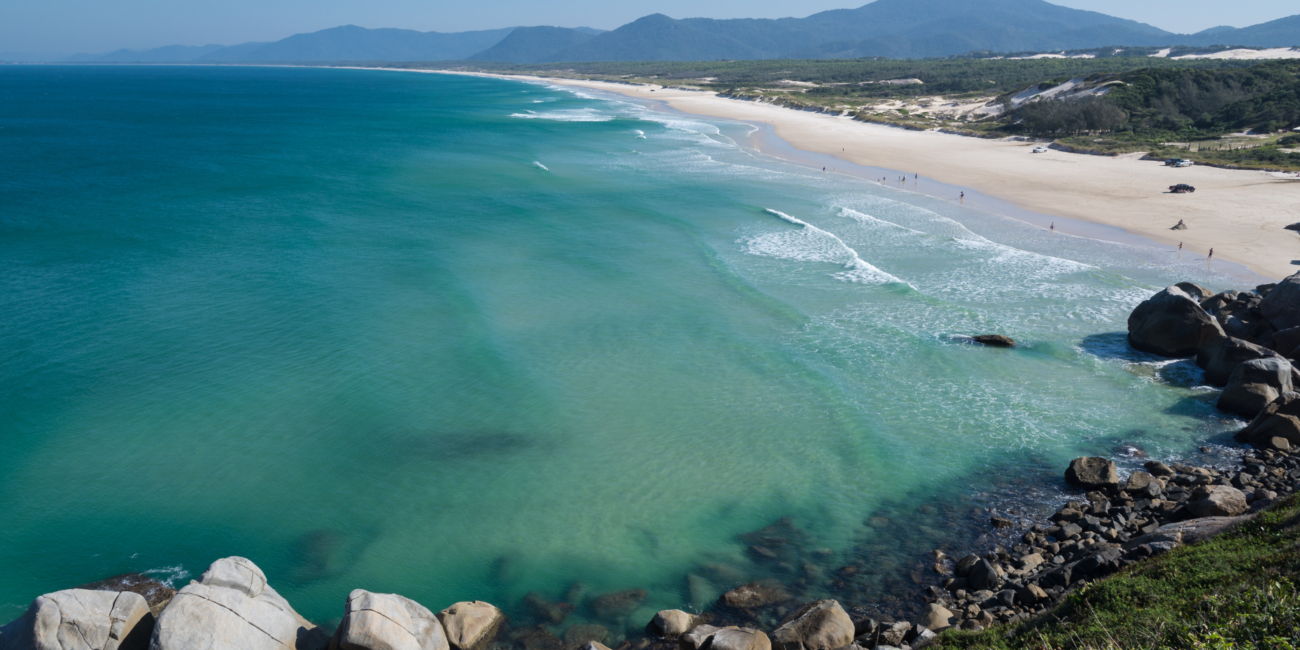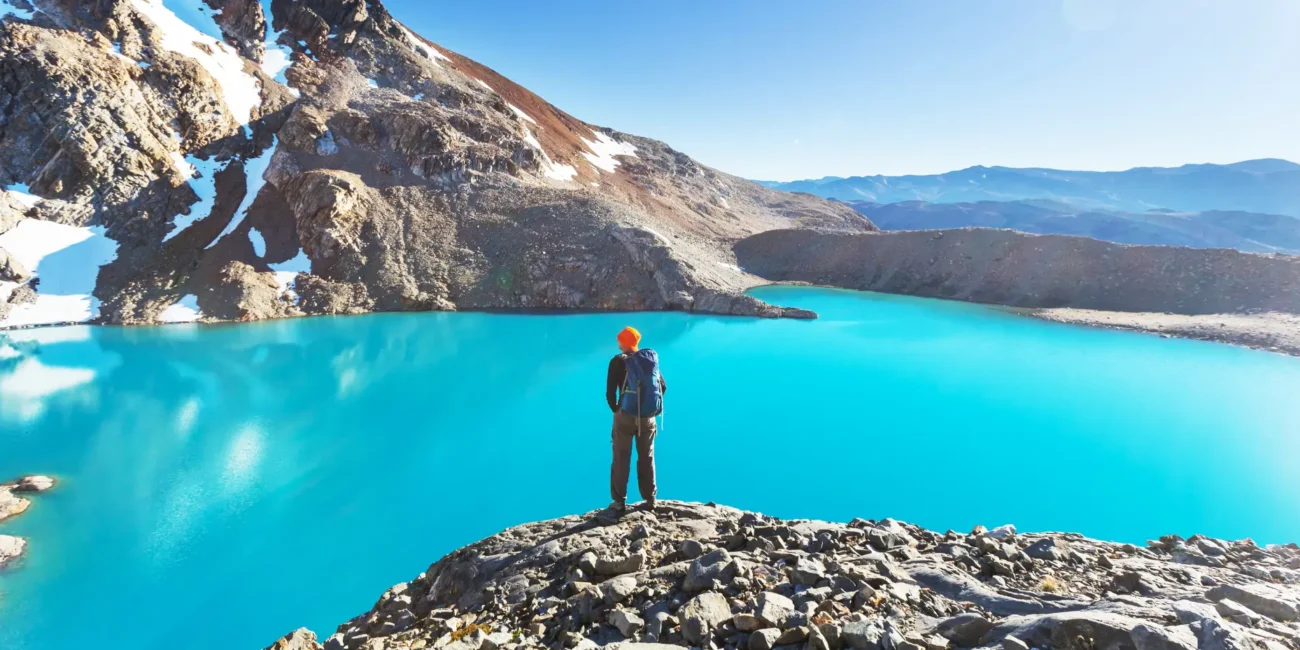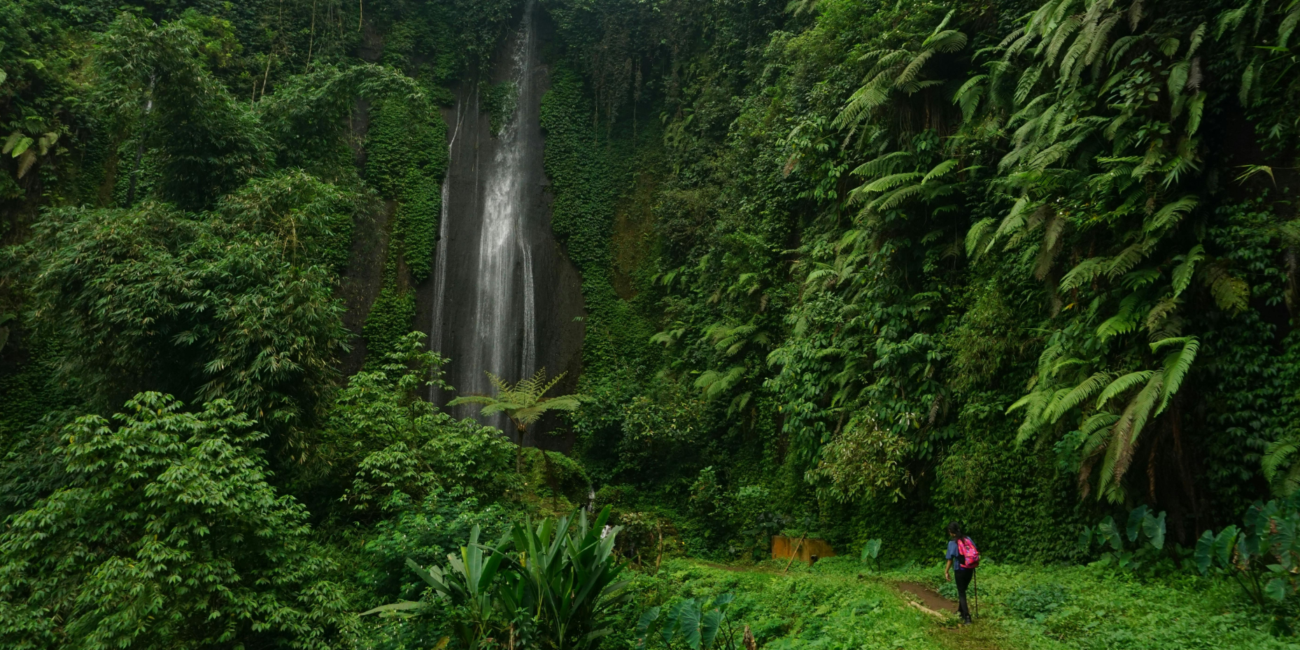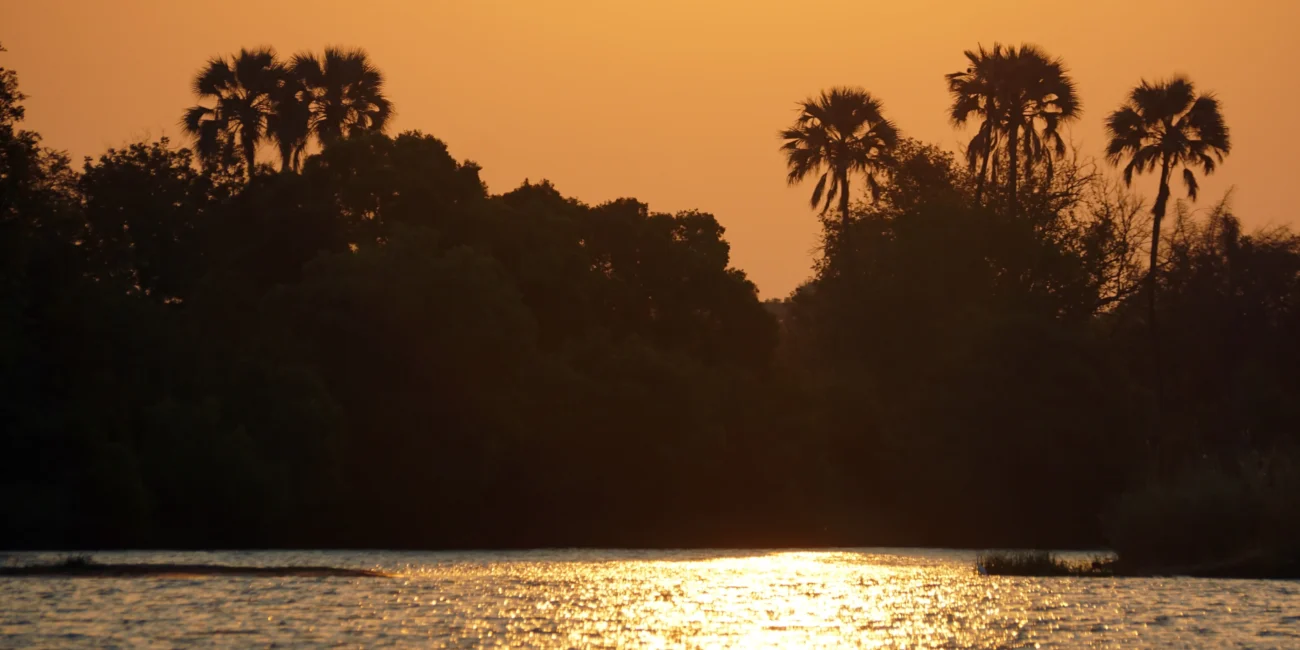Being able to experience a truly wild family holiday is a bucket-list adventure for most, but can require a little more forethought when planning. This article, and the expertise of our specialist team, is aimed to take the guesswork out of taking your kids on safari so you can look forward to enjoying a memorable family vacation.
Should I take my children on safari?
Immersing your children in nature, reconnecting them with the natural world, deeping their awe and respect for wildlife and new cultures – all of these are reasons why taking your children on safari is a wonderful idea. Whether they’re three, thirteen or on the cusp of thirty, some of the most impactful memories your family will form will happen when they’re ‘out in the bush’ and disconnected from the usual technology and distractions of everyday life. Whilst it may require a bit of research to find the right camps and lodges that will cater to your childrens’ age or special requirements, we work with a wealth of incredible family-orientated partners, and our specialist team is on hand to offer their expert recommendations to take the guesswork of planning.
What is the minimum age for kids on safari?
Different reserves and lodges have different rules when it comes to minimum age restrictions. This decision may be influenced by factors such as whether the property is fenced and if it has interconnecting rooms or family suites etc. As infants typically aren’t allowed on game drives and other safari activities, some safari camps have babysitting and childcare infrastructure in place. Many reserves and camps will require families with children to book exclusive use of a vehicle for game drives, whilst others automatically provide one, included in the daily rate, at the time of booking.
With activities such as bug safaris, wildlife monitoring walks, lessons on how to identify tracks and scats, bow and arrow creation, and even creative, hands-on culinary classes with the camp’s chef available for those too young to step out on a bush walk or other certain safari activities, there will be plenty to keep the young ones entertained and engaged even from back at camp!
Leaning on the wealth of personal knowledge our Africa specialists have of specific properties will be hugely beneficial when selecting, or ruling out, the right camp or lodge for your children.
Which safari activities can children participate in?
Safari drives are normally available for children as young as six, or even younger when your family books an exclusive-use vehicle. Typically, children need to be at least 16 years old to venture out on longer walking safaris with expert guides and rangers, and this age limit is applicable for most primate trekking experiences too.
However, these limits are not a hard and fast rule. In some East African regions, families can take children as young as 12 on particular chimpanzee treks. On certain private reserves, bush walks are possible for younger children at the discretion of the staff and parents, and can be adjusted to take place within the camp vicinity or staying near to the game vehicle when out in the bush. When you discuss your family safari with one of our specialists, be sure to share your hopes for the adventure. Perhaps your kids have always dreamt of being the next David Attenborough and would love to enjoy as intrepid exploration as possible? Perhaps they would feel more comfortable watching the wildlife from a vehicle? Whatever the preference, our team will work to craft the most special experience possible, recommending the camps, reserves and lodges that will be most appropriate for your family.
If you have younger children, our team will be sure to suggest properties where ‘Kids Safari Clubs’ feature. From guided nature rambles around the property to baking, arts and crafts, orienteering, specially designed ‘play’ areas, and more, these camps and lodges also often provide professional child-minders who will keep your kids more than entertained whilst you enjoy an afternoon safari activity or a little downtime with your partner.
FOOD FOR THOUGHT
Further safari information it’s great to know…
FAMILY ACCOMMODATION
There is typically a smaller proportion of interconnecting rooms and family suites at properties. Due to their being in shorter supply, their availability moves quickly, especially over peak season, so it’s important to try to plan well in advance to ensure your preferred accommodation still has availability. Private or exclusive-use villas are another wonderful option as they tend to come with private vehicles and chefs, enabling you to eat and enjoy your activities with greater flexibility, at your own schedule.
MALARIA
Sometimes, it’s easier to not even have to think about malaria than to arrange for your family to take the appropriate prophylactics. In this case, there are numerous malaria-free reserves across South Africa that have superb child-friendly accommodation and offer world-class safaris. Just let the team know if this is your preference!
LIGHT AIRCRAFT
Combined safari-circuits are a wonderful way to make the most of travel to this beautiful continent. These itineraries tend to visit multiple reserves or national parks where light aircraft flights are required to cover the long distances. As well as this, certain camps are simply so remote or inaccessible via other forms of transport that light aircraft travel is essential to reach them. These vessels are unpressurised and fairly cosy, factors that are worth considering for nervous flyers or small children who may experience discomfort as a result.
GAME DRIVES
Whilst a game drive is leagues apart from most car journeys, with exciting sightings to be looked forward to around every corner and the scents and sounds of the bush around you, it’s worth thinking about how long your children are comfortable staying still for. Going to the bathroom will require finding the nearest bush, and kids will need to be able to be quiet and stay still if instructed to do so by the rangers, so as not to disturb nearby animals or other guests.
SAFETY
As mentioned earlier, some camps and lodges are fenced whereas others are not. Unfenced lodges may well have free roaming wildlife moving through camp, including big cats or other large fauna like elephants. As a result, and because lots of predators such as hyenas and leopards are active after dark, guests won’t be allowed to leave their rooms at night, unless accompanied by a ranger. Depending on the camp set up, you will also likely be escorted back to your room by a ranger after dinner. Some families prefer fenced camps for the added safety, so be sure to mention this to your travel specialist when discussing your journey.
COMBINING YOUR SAFARI WITH A BEACH EXTENSION
Safari and shorelines – this makes for a wonderful combination of activities and destinations and is easy to arrange across Africa. In East Africa, pop over to Zanzibar or enjoy relaxation and marine sports along Kenya’s Diani beachfront. In Southern Africa, round your adventure off with a few days in Mauritius, Seychelles, or Mozambique. After the early starts and excitement of safari, a few days of tranquil relaxation and oceanic exploration are sure to round your trip off brilliantly.
CULTURE
At Journeys With Purpose, people are at the heart of everything we do – from the team leads and camp staff to local communities. We believe that journeys that offer true immersion and opportunities for education leave the most lasting impression, creating a positive impact that will stay with both your family and those they meet for years to come. Whether you’re curious about introducing your children to the local culture or eager to learn from researchers and conservationists, we’ll recommend the destinations and properties where we can arrange genuine, authentic and memorable moments with key storytellers for your children.
A family safari has the potential to be a hugely wild and transformative journey for both you and your kids. With specialist guidance and informed recommendations, we look forward to helping you craft something truly memorable.
DIG A LITTLE DEEPER
Contribute to Positive Impact on a Hosted Journey.
Connect with Impact Partners around the world during a Private Experience.
